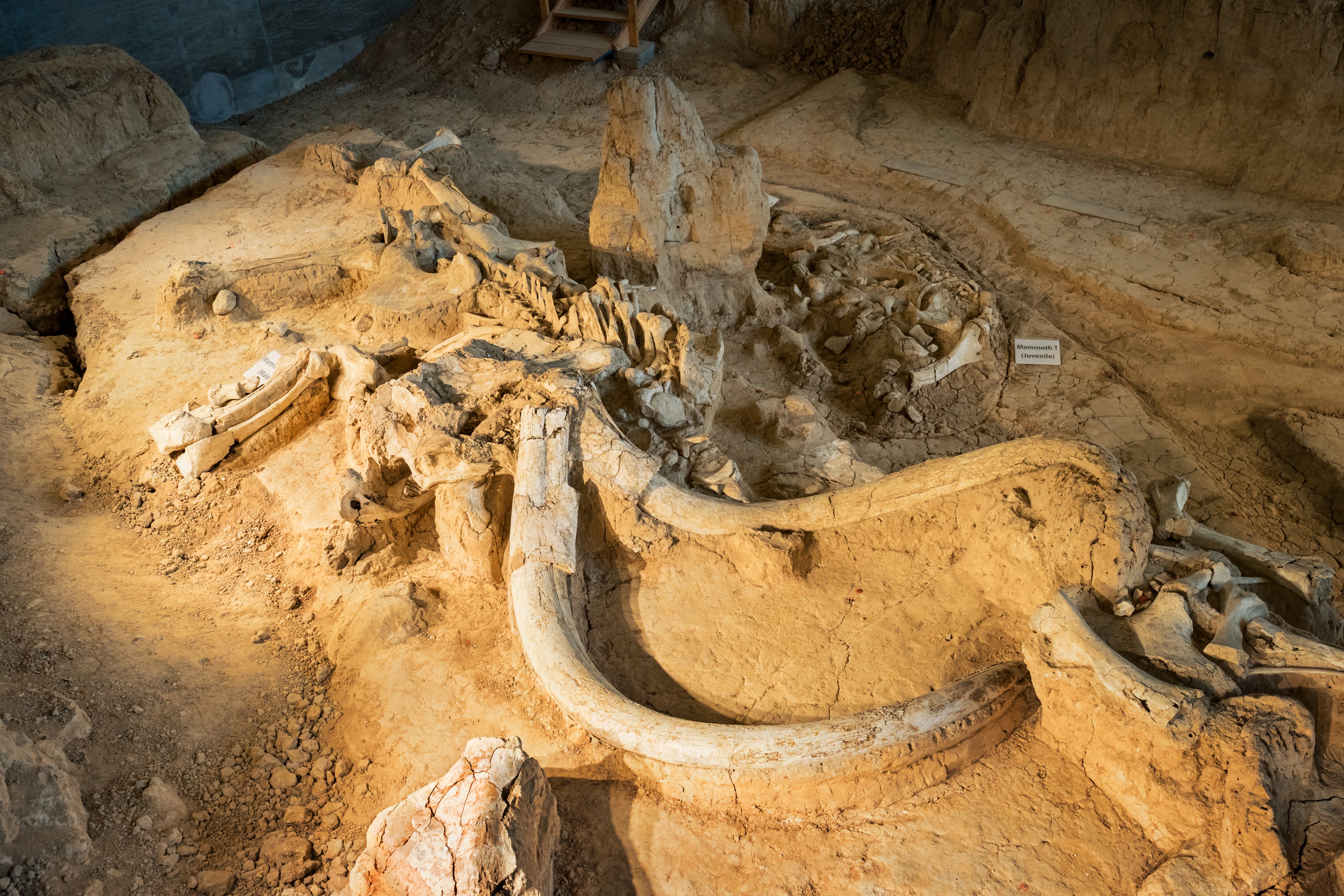The World Health Organisation has tested 15 countries on their response to a hypothetical new pandemic, simulating the deadly outbreak of a fictional disease.
More than 350 health emergency experts took part in a two-day simulation looking at how they would deal with “mammothpox”, an invented virus similar to smallpox and mpox that was described as “lethal and fast-moving”.
In the scenario, called Exercise Polaris, the outbreak occurred when a team of scientists discovered the remains of a woolly mammoth in the frozen Arctic tundra.
Representatives from the countries looked at how they would deal with the first few weeks of the outbreak, according to exercise documents seen by The Independent.

“Mammothpox disease is severe, with a mortality intermediate between Mpox and Smallpox,” according to the papers. “With modest transmissibility and minimal asymptomatic spread it is controllable”, they added, but only with “effective coordinated responses – similar to SARS or Mpox”.
Participants included Canada, Colombia, Costa Rica, Denmark, Ethiopia, Germany, Iraq, Kingdom of Saudi Arabia, Mozambique, Nepal, Pakistan, Qatar, Somalia Uganda and Ukraine, with additional countries as observers.
Each country was given a “small piece of the puzzle” to test how they would share information and co-operate in order to contain the spread of the virus, according to The Telegraph.
The newspaper reported that one country was told that an Arctic researcher “presenting with symptoms of a pox-like illness” had boarded a cruise ship carrying 2,450 passengers and 980 crew.
By the second day of the exercise, participants were told plans to prevent the spread of the virus were being hampered by politics and differing strategies.
While some countries implemented “strict border controls, banned all international arrivals and restricted internal movement,” the newspaper reported, others maintained “open borders with minimal restrictions,” relying instead on “contact tracing, isolation, and quarantine measures”.
Within weeks, ICUs were “overwhelmed” and health systems struggled to cope across the globe.
The intent of the programme was to see how countries would deal in the event of another worldwide outbreak, following the real-world experience of Covid five years ago.
Exercise Polaris tested the WHO’s Global health Emergency Corps, a framework designed to strengthen countries’ emergency workforce, coordinate the deployment of surge teams and experts and enhance collaboration between countries.
Dr Tedros Adhanom Ghebreyesus, WHO Director-General said: “This exercise proves that when countries lead and partners connect, the world is better prepared.
“No country can face the next pandemic alone. Exercise Polaris shows that global cooperation is not only possible – it is essential.”
One pregnant woman dies every two minutes globally, shocking new figures reveal
Young children should avoid drinks with sweeteners, experts say
Dog owner alleges part of pet’s tongue was clipped off at groomers
Charges are dropped against 2 men in connection with Patriots fan's death in 2023
Missing dashchund Valerie spotted after 500 days at large on Kangaroo Island
Trump live updates: Obama condemns ‘ham-handed’ Harvard funding freeze







